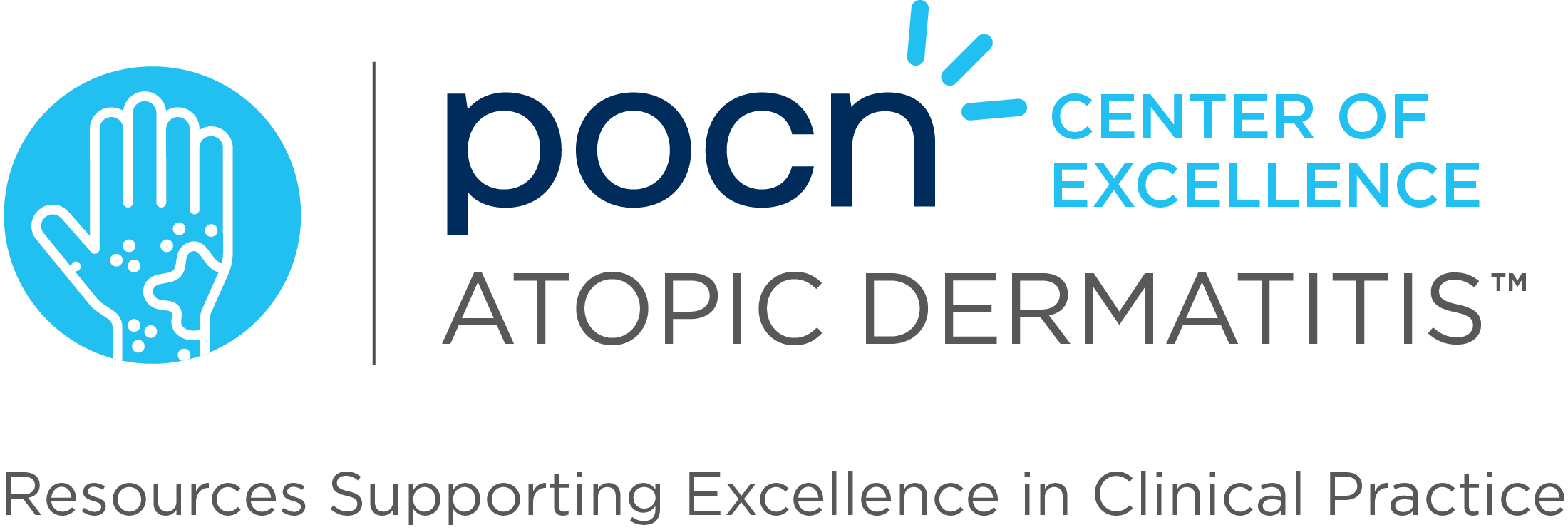Researchers of the MEASURE-AD study delved into the global landscape of treatment patterns and the multifaceted burden experienced by patients with moderate-to-severe atopic dermatitis (AD). Conducted across 28 countries, the study enrolled patients receiving or eligible for systemic therapy, focusing on outcomes such as the Worst Pruritus Numeric Rating Scale and the Dermatology Life Quality Index. Findings revealed widespread medication usage, with a significant portion of patients utilizing systemic therapies like dupilumab, systemic glucocorticoids, and methotrexate.
While systemic therapy showed some efficacy in reducing disease burden, the study highlighted the ongoing unmet need for effective management strategies to alleviate the multidimensional impact of AD. The findings emphasize the importance of tailored treatment approaches that not only address clinical symptoms but also improve psychosocial well-being and alleviate the economic strain associated with AD. Overall, there is a clear call for the development and implementation of treatments that comprehensively address the diverse needs of patients with moderate-to-severe AD to enhance their overall quality of life and disease control.
Reference: Eyerich K, Gooderham MJ, Silvestre JF, et al. Real-world clinical, psychosocial and economic burden of atopic dermatitis: Results from a multicountry study. J Eur Acad Dermatol Venereol. 2024;38(2):340-353. doi: 10.1111/jdv.19500.



